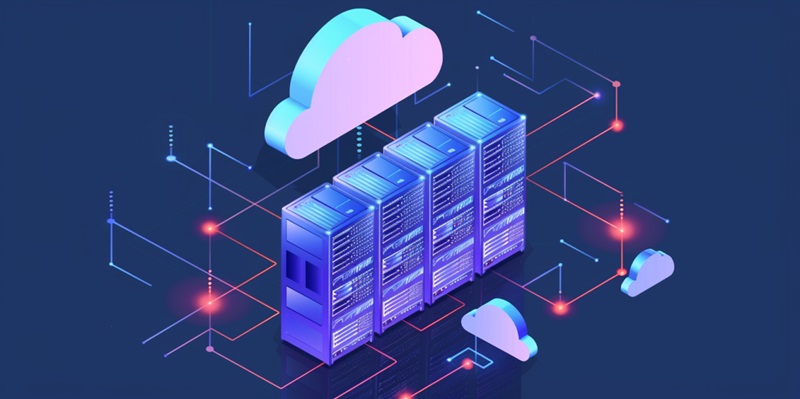The landscape of cloud security is rapidly transforming, and the latest report from Check Point Software Technologies paints a startling picture of these changes. The 2024 Cloud Security Report reveals a dramatic 154% increase in cloud security incidents since the previous year, indicating that the cloud is becoming an increasingly enticing target for cybercriminals. This rise is attributed to the growing complexity of cloud infrastructures as well as the sophistication of the attacks that target them. Now more than ever, organizations are faced with the daunting task of defending complex cloud environments against a range of cyber threats that are continually evolving.
Complex Threat Landscape
Emerging Challenges in Cloud Security
Security professionals across the globe are feeling the pressure of the modern threat landscape. According to the survey, an overwhelming 96% of cybersecurity experts harbor concerns about their ability to effectively manage emerging cloud risks. The challenges are multifaceted, with the integration of cloud solutions and legacy systems presenting a significant barrier. In addition, the struggle to maintain regulatory compliance in multi-cloud setups adds another layer of complexity. These factors contribute to an environment where security incidents are not only more frequent but also increasingly difficult to manage and mitigate.
Trends in Proactive Defense
A silver lining in the report is the increasing adoption of artificial intelligence (AI) in cloud security. AI’s promise in enhancing defense mechanisms is recognized by 91% of surveyed organizations, signaling a trend towards more proactive, intelligent security solutions. AI-driven security can identify patterns and predict threats before they materialize, offering a level of proactive defense that traditional reactive security measures simply cannot match. As organizations pivot towards these advanced technologies, the hope is that they will be better equipped to prevent incidents rather than just respond to them.
The Response to Incremental Threats
Shifting Toward AI-Driven Security
The shift toward leveraging AI in cloud security underscores the urgency with which companies are seeking to enhance their defensive capabilities. AI-driven solutions represent a proactive approach to cybersecurity, marking a significant departure from the traditional reactive posture. This approach hinges on the ability of AI to analyze vast amounts of data at high speeds, enabling the detection of anomalies and the proactive thwarting of potential threats. By predicting and preventing incidents, organizations can reduce the impact of cyber attacks and maintain continuity in their operations.
Integrating Advanced Solutions
The latest Cloud Security Report from Check Point Software Technologies reveals a concerning situation. With a 154% surge in cloud security incidents from the previous year, it’s clear that the cloud has become a prime target for cybercriminals. The complexity of cloud services, coupled with advanced threat tactics, exacerbates the problem. Businesses are now grappling with the challenging task of safeguarding intricate cloud setups against a backdrop of increasingly sophisticated cyber threats. The report underscores the urgent need for companies to adapt and reinforce their cloud defenses to navigate this heightened security landscape effectively. With attackers continually innovating, a proactive and robust approach to cloud security is essential for the protection of critical data and maintaining trust in cloud technology.

